
Restorative dentistry is known for fixing teeth and creating beautiful smiles, but its benefits go much deeper than just looks. By repairing, replacing, or strengthening damaged teeth, restorative dentistry can improve various aspects of your overall health.
Is your smile in need of repair? Don’t wait until a larger issue arises – contact Magic Smiles Dental and Implant Centre. You can reach us in Coffs Harbour, NSW, by dialling (02) 6652-3242 or in Woolgoolga, NSW, at (02) 6654-0650 for an appointment now.
From better digestion to clearer speech, here’s how restorative dentistry supports wellness across the board.
1. Boosts Digestion with Better Chewing
Chewing and saliva kickstart digestion, breaking down food before it reaches the stomach. When teeth are missing or damaged, chewing becomes less effective, which can lead to digestive issues.
Restorative dentistry treatments like crowns, bridges, dentures, and implants ensure that each tooth is strong and functional, optimizing chewing and digestion. This support not only eases digestion but also allows the body to absorb nutrients more efficiently.
2. Enhances Speech and Communication
Missing or misaligned teeth can affect sound pronunciation, making speech less clear. Whether it’s through dental implants, crowns, or partial dentures, restorative dentistry can fill in the gaps and realign teeth, increasing speech clarity and confidence.
This makes a huge difference in social and professional interactions, ensuring your words are understood without any unintended “whistles” or slurs.
3. Promotes Healthy Jaw Alignment and Reduces Pain
The jaw can compensate by shifting its position whenever teeth are missing or misaligned, which may lead to joint pain, headaches, and even TMJ disorder.
Restorative dentistry helps align the bite properly by filling gaps or adjusting the height of teeth with crowns or bridges. This improved alignment relieves strain on the jaw muscles and can reduce or eliminate discomfort caused by poor jaw alignment.
4. Prevents Further Tooth and Bone Loss
Missing teeth can cause surrounding teeth to shift or loosen, creating a domino effect of tooth loss. This also leads to bone resorption in the jaw, which affects facial structure over time.
Dental implants and bridges, two common restorative dentistry options, fill those gaps and stimulate the jawbone, preserving its density. By replacing missing teeth promptly, restorative dentistry helps prevent bone loss and keeps your facial structure intact.
5. Supports Heart Health by Reducing Infection
Unchecked oral infections can impact cardiovascular wellness. Researchers believe this is because bacteria from decayed or damaged teeth can enter the bloodstream, potentially contributing to heart issues.
Root canals, fillings, and crowns are all effective restorative dentistry treatments that eliminate harmful bacteria and reduce infection risk. This lowers the risk of inflammation that could otherwise impact your heart health, making your mouth and heart happier in the long run.
Magic Smiles Dental & Implant Centre – Restore Your Smile, Restore Your Health
Restorative dentistry goes well beyond just beautifying your smile – it’s about creating a foundation for a healthier life overall. If your smile could use some extra love, reach out to the team at Magic Smiles Dental and Implant Centre. Our Woolgoogla, NSW, and Coffs Harbour, NSW, dentists are always here to help. Reach us online for information and appointments now!

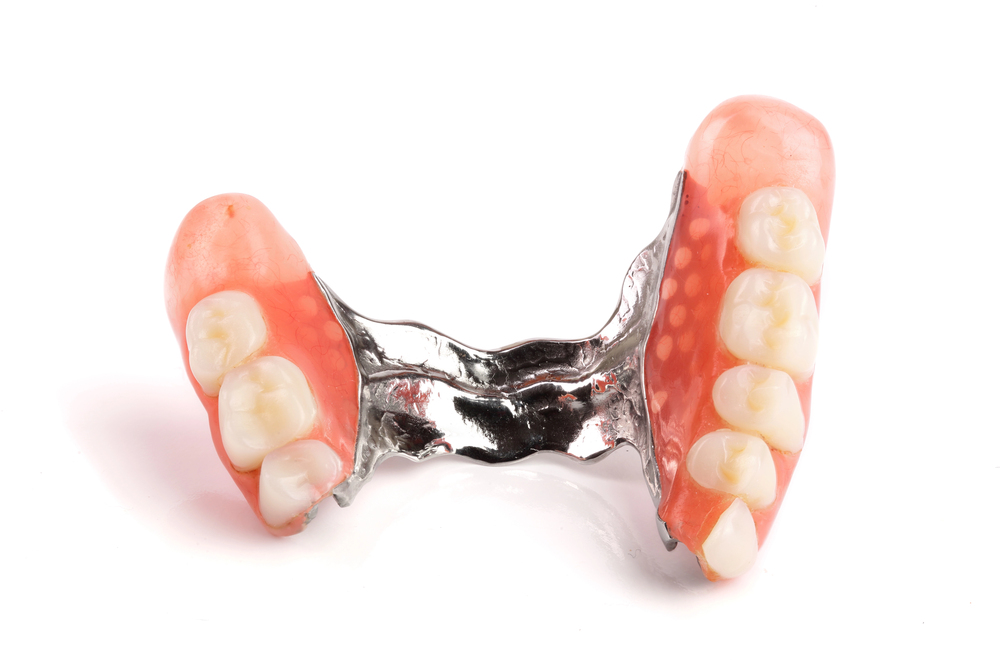
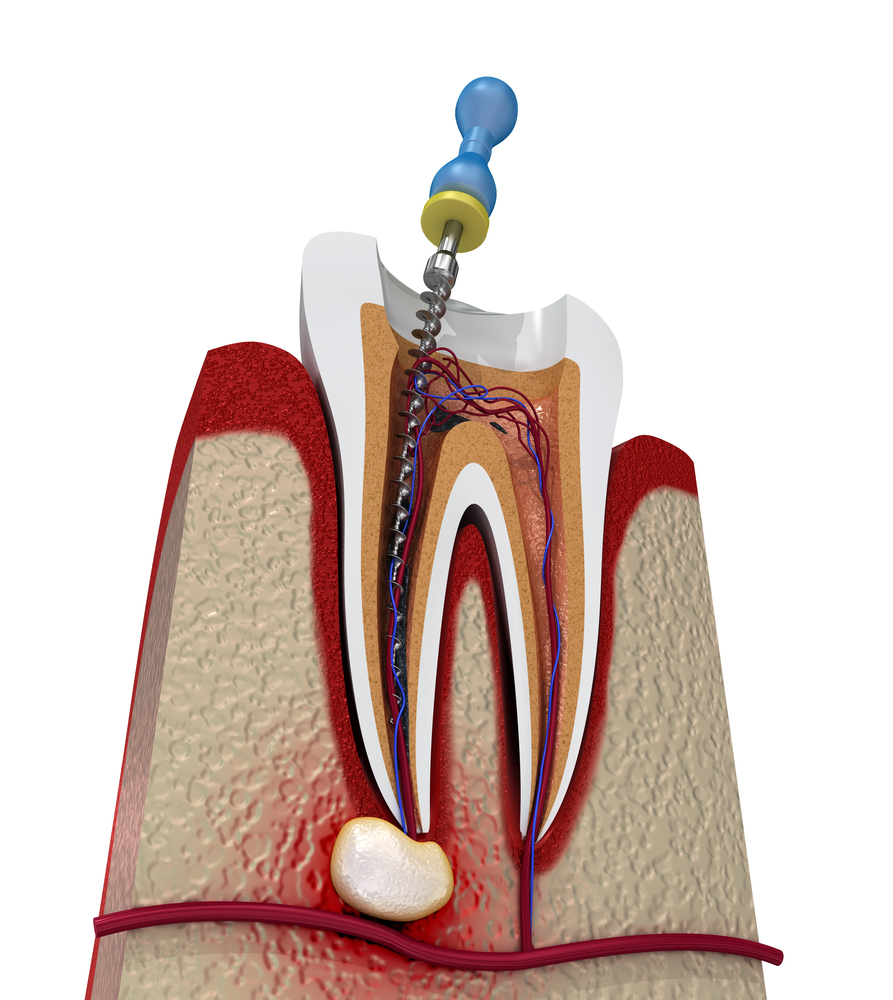
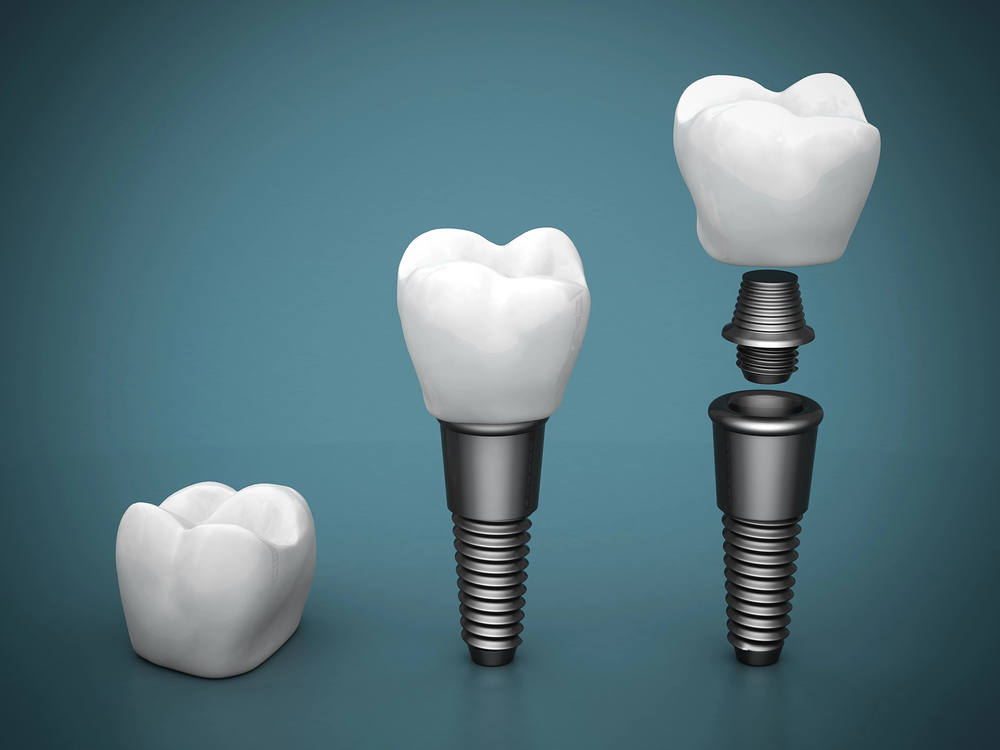
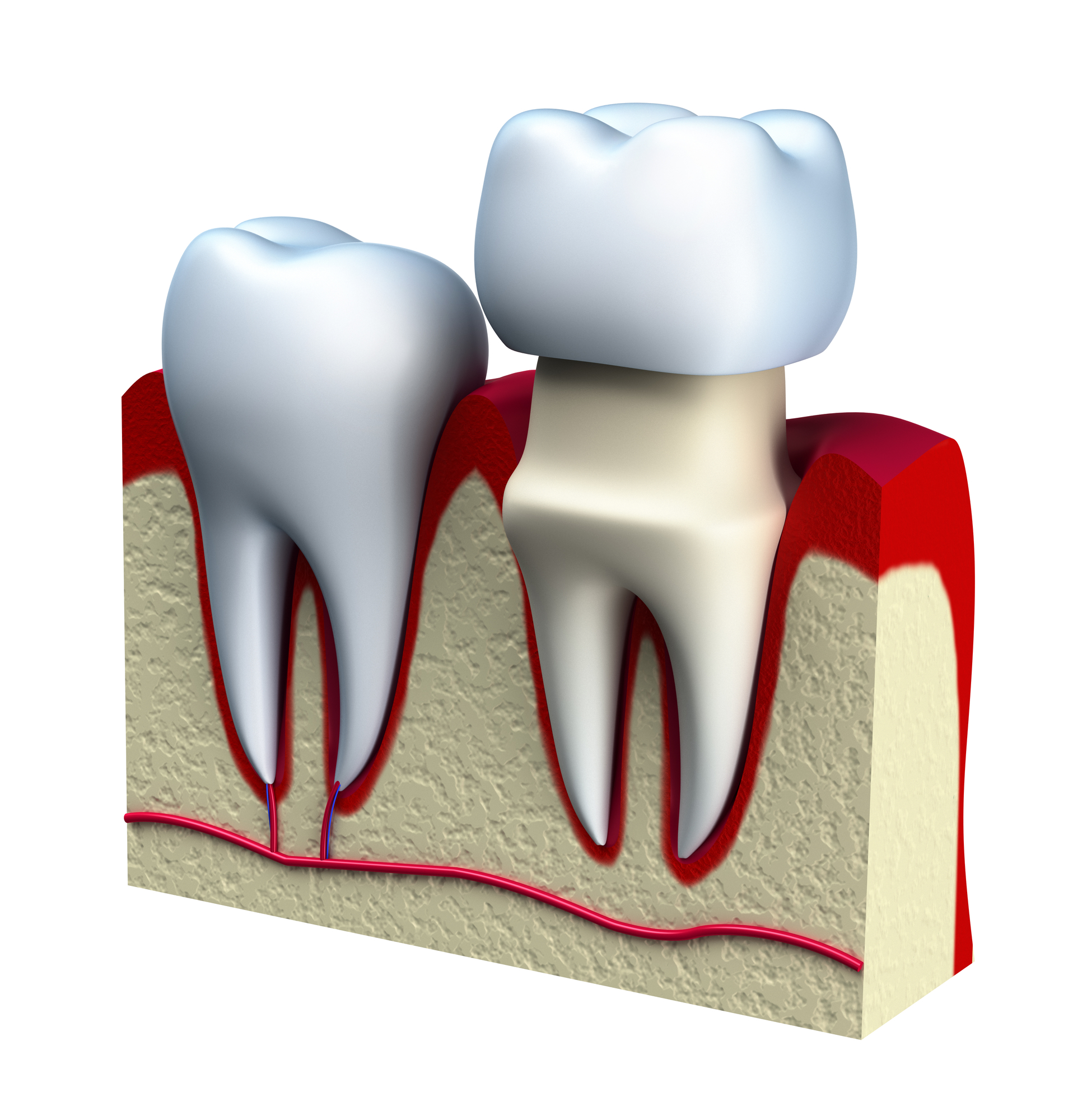
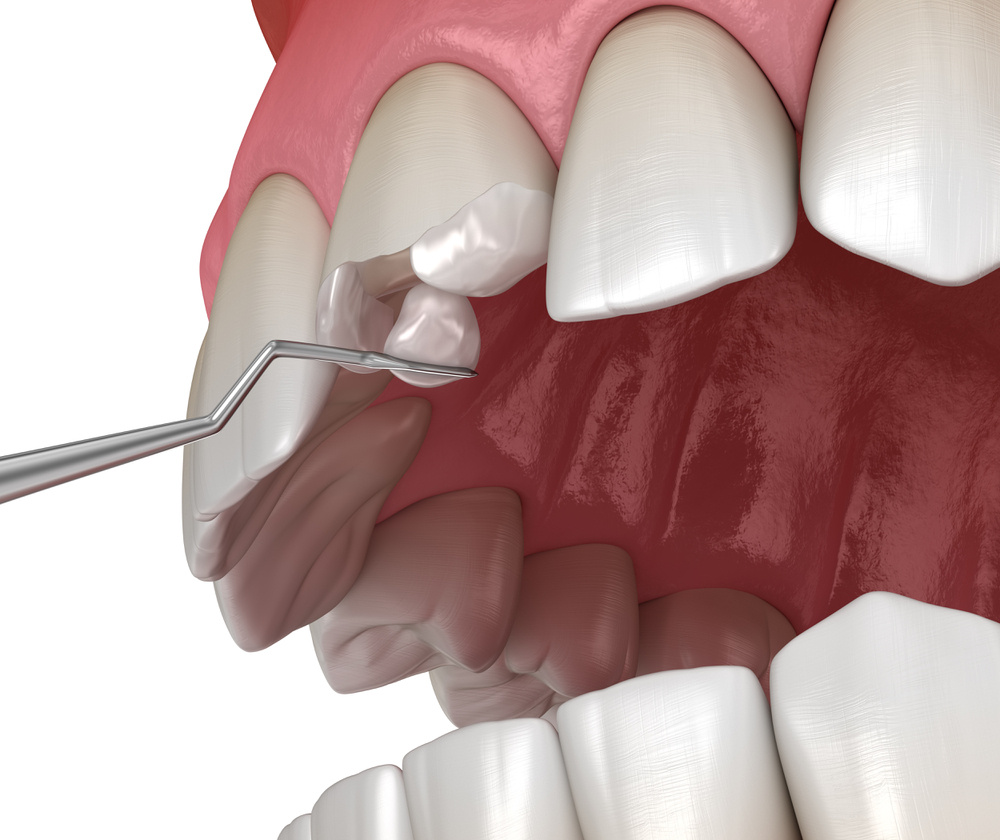
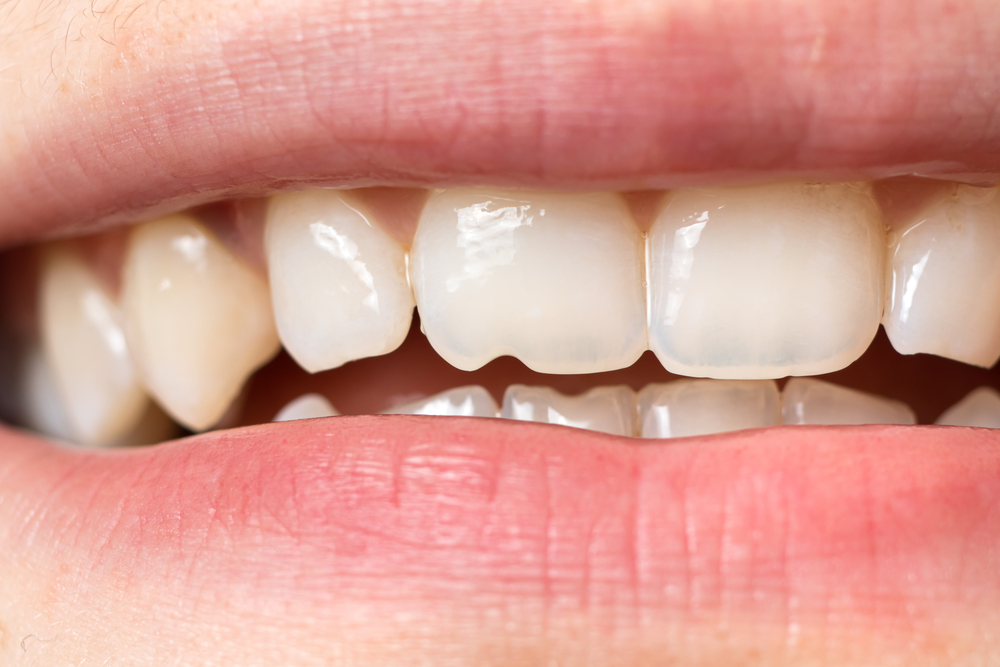
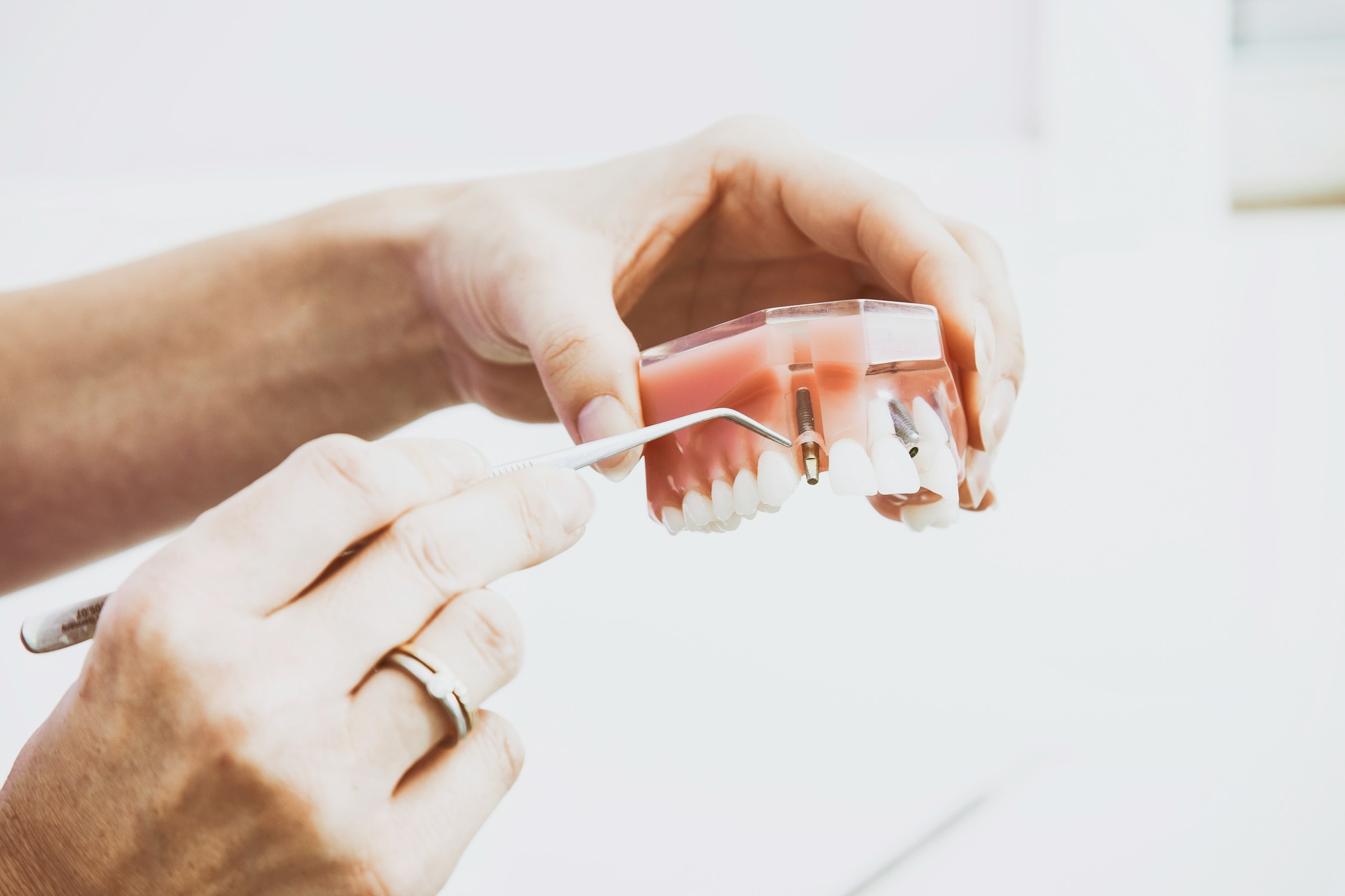




Recent Comments